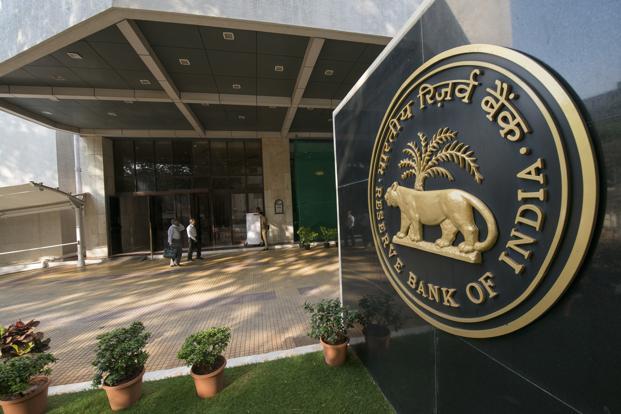
Ahead of the Reserve Bank of India (RBI) central board meeting on November 19, the finance ministry has tried another shot at its most prized target through an attempt to look at the framework on capital of RBI. FinMin officials are quite open, direct and vocal about their unlimited right in the matter, saying that RBI is a government institution and its funds belong to the people of India.
The board meeting on November 19 could see arguments where each side will try to defend its stated position. The meeting will not be a just board interaction, it could witness a clash of egos, personalities, accusations and vindications.
However, in what looks like an easing of tensions ahead of the meeting, the government has denied making any proposal to RBI asking to transfer Rs 3.6 lakh crore or 1 lakh crore surplus. The denial comes after days of speculation on the matter.
“Discussions are underway with the RBI to decide the appropriate economic capital framework of the central bank,” Subhash Chandra Garg, secretary of the department of economic affairs, ministry of finance, said on Twitter.
The statement comes at a time when the government and RBI are on parallel tracks over a range of issues, including norms regarding weak banks and the liquidity problem faced by non-banking finance companies (NBFCs).
The major sticking point is over the Economic capital framework. It refers to the capital required by the central bank while taking into account different risks.
R Gopalan, former DEA and banking secretary in the finance ministry explains that once the norms are decided, obviously, it is found out that if something excess is there, then it needs to be transferred.
On the economic value of capital, he says, “There are norms and methodology for working it out and if the economic value is higher what’s the way out – immediately transfer or do it in two tranches? The government is driving at the mechanism of trying to work out the framework for economic valuation.”
Gopalan told FC that government is the “owner of RBI” and its profits are supposed to be given to the government. The government need not ask for it. There are no two opinions about this.
“The forex reserves and asset revaluation reserves for the domestic bonds are encumbered. The government cannot touch them. As they have been arrived at with reference to value at which the particular asset was created in the books of RBI and consequently whatever depreciation or appreciation takes place and benefits take place, you provide it in the reserves. So, when that same thing reverses later, you pay it later from the reserves,” he says.
YH Malegam, former RBI board member says legally the RBI cannot part with its reserves. It can only part with a particular year's profits with the government. Only the contingency reserves are being discussed for transfer to the government, said the former official.
Shriram Subramanian, MD, Proxy Advisory firm InGovern told FC, "RBI is not going to be imprudent for sure. They will resist to a large extent as they have done so far on any irrational demand by government of India. There is no idle money with RBI, there is a prudence to it, they are to be used in case of emergency.”
He said, if the government is trying to get around its demands by attempting to change the norms of capital framework, it will not be easy. He further said he was not envisaging that the government will invoke Section 7 when there is so much of focus on perceived animosity.
Karthik Srinivasan, head of financial services, ICRA, said there is a reason why RBI had a higher capital norm for Indian banks. To that extent, it should not be changed. RBI has already said they had a higher level of capital because of concern over the asset quality and non-recognisation of bad assets. But now it is 3-4 years since post AQR (Asset Quality Review).
Meanwhile, to assuage RBI’s anxiety, Garg had said that the government was on track to meet the fiscal deficit target of 3.3 per cent of GDP for the financial year 2018-19. Government’s FD (fiscal deficit) in FY2013-14 was 5.1%. From 2014-15 onwards, government has succeeded in bringing it down substantially. We will end the FY2018-19 with FD of 3.3 per cent. The government has actually foregone 70,000 crore of budgeted market borrowing this year.” Garg further said, adding that the only proposal “under discussion is to fix an appropriate economic capital framework of RBI”.
The 19 November meeting is also expected to be a stormy affair even on liquidity measures for MSMEs. The RBI is following conservative capital adequacy norms which are stricter than those in advanced economies, leading to banks keeping more risk capital reserve against loans. The government is of the view that if RBI aligns it with the global average, it would free up bank capital which can be used for increased lending to productive sectors, the people said.
Former chief economic adviser Arvind Subramanian had in the Economic Survey 2016-17 said RBI was already exceptionally highly capitalised.



